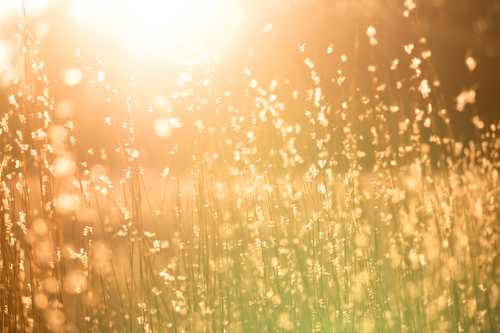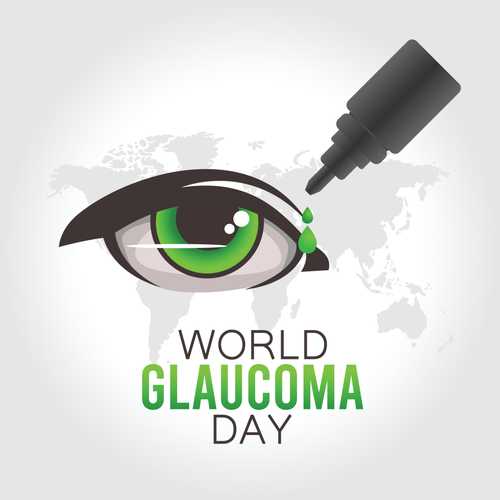Hay Fever and Your Eyes
From spring through to autumn, hay fever affects nearly 18 million people in the UK. Hay fever is an allergic reaction to different types of pollen that can cause itchy and watery eyes, sneezing and difficulty breathing.

From spring through to autumn, hay fever affects nearly 18 million people in the UK.
Hay fever is an allergic reaction to different types of pollen that can cause itchy and watery eyes, sneezing and difficulty breathing. There are many different types of pollen that can cause hay fever; tree pollen, grass pollen and wood pollen, with each type being more prevalent in different months throughout the year. Grass pollen is the most common type that people are allergic to and is rife from mid-May to July.
Your Eyes
Having hay fever can be incredibly uncomfortable, with the most common symptoms including itchiness, irritation, watery eyes and redness.
Itchy eyes can occur due to pollen landing on or near your eyes causing irritation. When your eyes start to itch, they will become red as an inflammatory response, to fight off the irritant that has entered your eye. The eye may also become watery, this is to help remove the irritant from the eye by producing excess tears.
Manage Your Hay Fever
There are measures that you can take in order to help reduce the symptoms of hay fever.
· Stay indoors when there is a high pollen count, keeping windows and doors closed. Avoid going out mid-morning and early evening as this is when the pollen count is at its highest.
· If you are a contact lens wearer it is advised to wear sunglasses or wear your glasses instead. This is to provide a barrier between the pollen and your eyes and reduce a build up of allergens on your contact lenses.
· Bathing your eyes in cold water, showering and changing clothes after spending time outside and avoiding being outdoors when the pollen count is high are also advised to help reduce symptoms.
Treat Your Hay Fever
· Using anti-allergy eye drops help act as a protective defence. If you wear contact lenses remember to check that the eye drops are preservative free and are suitable for use with contact lenses.
· Taking antihistamines before you come into contact with pollen can help prevent a reaction to pollen or reduce the severity of symptoms.
If you are unsure which eye drops may be suitable to help reduce your hay fever symptoms speak to a member of the team today.




.png.webp.webp)